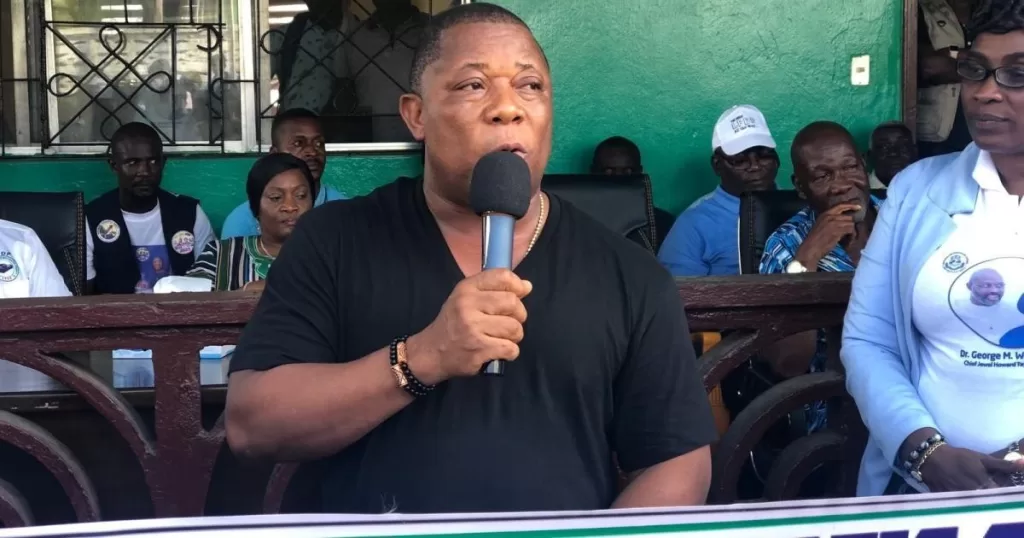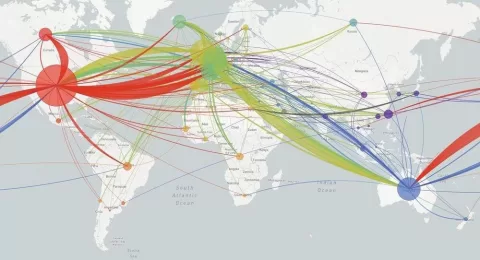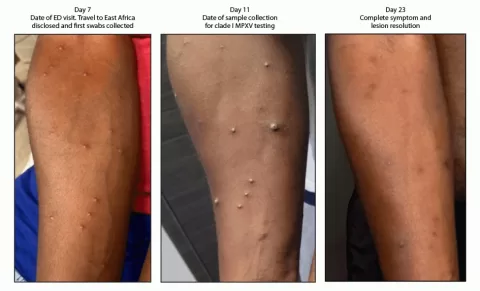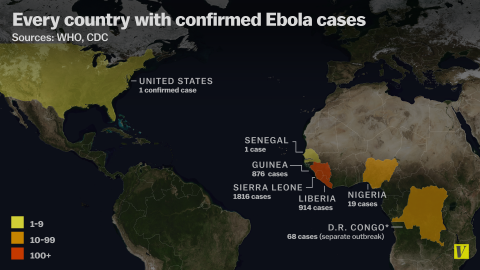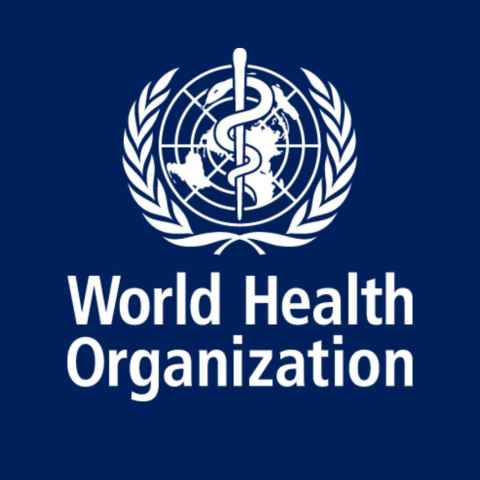The recent CDC leadership crisis has sent shockwaves throughout the public health community as the agency grapples with unprecedented departures, including the ouster of Director Susan Monarez, PhD. This alarming trend of CDC resignations has left critical gaps in healthcare leadership at a time when national health response is crucial, especially amidst ongoing controversies surrounding the COVID vaccine. Experts warn that these exits not only hinder the CDC’s ability to respond effectively to public health emergencies but also jeopardize public health safety across the nation. The fallout from this crisis underscores a pressing need for robust leadership to navigate the complexities of modern public health challenges. As stakeholders demand accountability, the implications of this upheaval could resonate far beyond the walls of the CDC, affecting confidence in vaccine strategies and public health policies.
The upheaval at the Centers for Disease Control and Prevention signals a significant breakdown in crucial healthcare management, as an exodus of top officials raises serious questions about the agency’s future. The departure of key figures amidst the turmoil surrounding COVID vaccine policies and political scrutiny illustrates a larger crisis of governance in health institutions. With calls for a cohesive national strategy to address public health threats growing louder, the ramifications of this leadership turmoil echo across disciplines. As alternative approaches to epidemic management are explored, the need for effective health leadership becomes even more apparent. Strategies for bolstering morale and reinforcing public health safety must be prioritized to restore public trust in health authorities.
The Impact of CDC Leadership Crisis on Public Health Safety
The recent exodus of key leadership at the Centers for Disease Control and Prevention (CDC) has raised alarms about public health safety in the United States. As Dr. Michael Osterholm has pointed out, the loss of skilled professionals compromises our nation’s readiness for public health emergencies. This crisis not only underscores failures in healthcare leadership but also reflects broader systemic issues within the agency, especially following politicized decisions regarding public health initiatives and funding cuts. When leaders are forced out or resign en masse, it creates significant knowledge gaps that can hinder effective national health responses, leaving the population at risk.
Moreover, the consequences of the CDC leadership crisis extend beyond immediate public health measures. A leadership vacuum becomes increasingly perilous as the country faces ongoing threats related to infectious diseases and vaccine misinformation. Experts like Dr. Celine Gounder highlight that substantial reductions in staffing—such as the 25% layoffs reported—further diminish the CDC’s capacity to respond effectively. This turmoil can lead to disarray in vaccine distribution and public compliance, exacerbating the health disparities already seen across different demographics in the U.S.
Responses from Public Health Experts and Medical Societies
The reactions from public health experts and medical societies encapsulate a unified stance regarding the ongoing crisis at the CDC. Leaders from organizations such as the Infectious Diseases Society of America (IDSA) and the Society for Healthcare Epidemiology of America (SHEA) have voiced deep concerns about the implications of these leadership changes. The IDSA’s director, Dr. Tina Tan, labeled the situation a “clear and present danger” to national health, emphasizing the need for continuity amid unsettling political pressures and attacks on public health initiatives. Such sentiments echo the importance of a stable and experienced leadership team to navigate the complexities of contemporary health challenges.
Physicians and public health advocates express that this upheaval may risk disbanding vital public health strategies developed over years. The loss of esteemed professionals like Debra Houry and Demetre Daskalakis means losing not just individual expertise but also the institutional memory necessary to combat emerging threats. As Ashish Jha remarks, the situation signifies a “wholesale destruction of leadership”—a sentiment reinforced by the urgent calls from the medical community for policies that protect CDC operations from political interferences. The professional community is eager to address these mounting crises before they lead to public health disasters.
The Political Dimension of the CDC Leadership Crisis
The political implications arising from the CDC leadership crisis have attracted significant attention from lawmakers and public figures, highlighting the intersection of healthcare and governance. Senators like Bill Cassidy and Patty Murray are demanding oversight and accountability, signaling that the crisis is not merely organizational but one that threatens public trust in governmental health agencies. This political scrutiny illustrates the urgency of the situation, as public health is increasingly seen through a partisan lens. The call for hearings emphasizes the necessity for a comprehensive review of leadership practices and decision-making processes within the CDC.
Additionally, the political dimension is underscored by the criticism leveled against figures like Robert F. Kennedy Jr., whose policies and statements regarding public health have incited controversy. His dismissal of the concerns raised by health experts only adds to the apprehensions about politicization within vital healthcare sectors. The recent upheaval indicates that the next steps taken by both the CDC and political leaders will shape the trajectory of public health response in the United States for years to come.
The Future of Healthcare Leadership Amidst a Crisis
As the CDC grapples with its leadership crisis, discussions surrounding the future of healthcare leadership become paramount. The mass resignations signal a potential shift in leadership philosophy that prioritizes public health safety over political gains. Experts argue that to rebuild public trust in the CDC, new leaders must emerge who are committed to scientific integrity and transparency. This necessitates a reevaluation of the qualifications and values of those in leadership roles, advocating for leaders who can foster collaboration across emergency response frameworks.
Looking ahead, agencies like the CDC will need to pivot towards resilience in leadership, developing strategies that encompass rapid-response capabilities for health emergencies. By integrating diverse perspectives and bolstering the recruitment of experts in infectious diseases and public health policy, the CDC can create a more agile and united front in navigating future crises. This approach will help ensure that the agency not only responds effectively to immediate threats but also builds a sustainable framework for future public health safety.
Navigating the Complexities of Vaccine Controversies
The ongoing COVID vaccine controversy further complicates the landscape of public health, especially amidst the recent resignations and leadership changes at the CDC. The politicization of vaccine recommendations has led to widespread distrust among the public, perpetuated by figures such as Robert F. Kennedy Jr. This distrust heightens the urgency for the CDC to restore confidence in its vaccine recommendations and public health strategies. Experts emphasize the necessity for science-backed communication to combat misinformation and establish a consensus around public health measures.
Consequently, navigating these complexities requires a strategic approach that includes engaging with communities to understand their concerns about vaccines. Public health leaders need to pivot towards education and outreach initiatives that underscore the safety and efficacy of vaccines. As leaders endeavor to rebuild the CDC’s reputation, addressing vaccine skepticism through dialogue will be critical in bolstering public health responses and ensuring higher vaccination rates across different populations.
Calls for Organizational Change within the CDC
In the wake of significant CDC changes, calls for a reevaluation of organizational structures and policymaking processes are growing louder. Public health experts advocate for a more transparent approach to governance and decision-making, aimed at mitigating the risks of political interference. The prevailing sentiment among health professionals is that the agency requires a restructured balance of accountability and independence to implement effective health responses and ensure staff retention.
The need for change within the CDC is fueled by the understanding that public health safety relies on consistent leadership and clear policies. Enhancing collaboration among federal, state, and local health organizations can help create a more cohesive framework for addressing public health needs. By engaging community stakeholders and empowering public health officials with the authority to deliver impactful health strategies, the CDC could turn this crisis into an opportunity for reform that lays the groundwork for future resilience.
Importance of Resilient Leadership in Public Health Initiatives
Resilient leadership within public health initiatives is paramount in addressing contemporary health challenges, as shown by the recent crisis at the CDC. Healthcare professionals believe the ability to adapt to dynamic circumstances and respond swiftly to health emergencies constitutes the foundation of effective public health leadership. The resignation of seasoned professionals signals an urgent need for continuity and vision in healthcare delivery—qualities that resilient leaders must embody to safeguard public safety.
Moreover, fostering resilient leadership within agencies like the CDC ensures that policy decisions are guided by scientific evidence and public interest rather than political agendas. Creating environments that support innovation and collaboration among health professionals strengthens the capacity to tackle health crises. Investing in training and support for future leaders in public health will be critical in cultivating a workforce that is adaptable and prepared to navigate the complexities inherent in today’s health landscape.
Addressing the Trust Gap in Public Health Services
The fallout from the CDC leadership crisis highlights a growing trust gap between the public and health authorities. With political factions influencing health messaging, public confidence in agencies tasked with safeguarding public health has declined. This gap poses a challenge for future public health initiatives, particularly in vaccine distribution and the implementation of health guidelines. Bridging this trust gap requires transparency, accountability, and engagement with communities to restore faith in public health institutions.
In addressing these concerns, public health leaders must prioritize clear and consistent communication, allowing researchers and experts to engage with the public openly. Building relationships with community organizations can create greater awareness and understanding of health recommendations. By striving to overcome the trust deficit, the CDC and other health agencies will be better positioned to respond effectively to future health threats and promote public health safety.
The Role of Healthcare Organizations in Supporting CDC Efforts
Healthcare organizations play a vital role in supporting the efforts of the CDC, particularly in light of the current leadership crisis. As medical societies and professional groups express concern over the exodus of talented leaders, these organizations can step in to offer insight, advocacy, and collaborative support. Strengthening partnerships with the CDC can facilitate the sharing of resources, knowledge, and best practices necessary for effective public health response.
Additionally, healthcare organizations must advocate for policies that safeguard the independence of public health agencies. By working together, these organizations can help ensure that public health measures are rooted in scientific data, rather than influenced by political factors. This cooperation will be essential in promoting a unified approach to health challenges, ultimately reinforcing public health safety across the nation.
Frequently Asked Questions
What is the current state of the CDC leadership crisis?
The recent CDC leadership crisis has escalated following the ouster of newly confirmed director Susan Monarez, PhD, alongside the resignations of several top officials. This upheaval is raising serious concerns about public health safety as the agency faces a significant leadership vacuum.
How do CDC resignations impact public health safety?
The mass resignations at the CDC illustrate a substantial threat to public health safety, as many experienced leaders have left the agency. Experts warn that without strong leadership, the nation’s readiness for health emergencies and effective responses to public health threats are severely compromised.
What role does healthcare leadership play in managing the CDC leadership crisis?
Healthcare leadership is crucial in managing the CDC leadership crisis, as strong, ethical leadership can foster trust and facilitate effective communication within government health agencies. The current crisis highlights the need for stable and transparent leadership to guide public health responses.
What were the controversies surrounding the COVID vaccine during the CDC leadership crisis?
The CDC leadership crisis has been exacerbated by controversies regarding the COVID vaccine, including criticisms aimed at the Biden administration’s vaccine recommendations, which some argue lack scientific integrity. These issues have triggered further resignations and unrest within the agency.
How has the national health response been affected by the CDC leadership crisis?
The national health response is under threat due to the CDC leadership crisis, as outgoing leaders emphasize the need for continuity and expertise. The loss of such knowledgeable officials leads to concerns about the nation’s preparedness against health emergencies, especially with flu season approaching.
What do experts say about the implications of the CDC leader exodus?
Experts express that the CDC leader exodus poses a significant risk to America’s public health infrastructure. Many believe that this loss of leadership hinders our ability to respond effectively to ongoing and future health challenges, indicating a dire need for comprehensive reform.
What actions are lawmakers considering in response to the CDC leadership crisis?
In response to the CDC leadership crisis, lawmakers are calling for congressional hearings to investigate the circumstances surrounding the resignations. Discussions have highlighted the need for increased oversight of public health policies to safeguard national health.
What are public health leaders doing to address the CDC leadership crisis?
Public health leaders are voicing their concerns regarding the CDC leadership crisis, advocating for stronger governance and leadership continuity within the CDC. They are pushing for a focus on public health safety to ensure a resilient response to health emergencies.
| Key Points | Details |
|---|---|
| Leadership Changes | CDC Director Susan Monarez was ousted, leading to resignations of top scientists. |
| Public Health Concerns | Experts warn that these losses create a leadership vacuum, undermining the CDC’s ability to respond to health crises. |
| Impact of COVID Vaccine Controversy | Criticism over COVID vaccine recommendations fueled departures, according to health leaders. |
| Reactions from Experts | Public health experts express that resignations represent a loss of experienced leadership and threaten national health security. |
| Political Response | Lawmakers call for oversight and acknowledge the personnel crisis at the CDC. |
Summary
The CDC leadership crisis has resulted in significant departures that jeopardize public health in the nation. With the ousting of Director Susan Monarez and the resignation of key personnel, the agency faces a precarious situation that could limit its response to emerging health threats. Public health leaders emphasize the importance of stability and experienced guidance at the CDC, especially in the face of ongoing health challenges. Immediate action and oversight are deemed essential to restore confidence in the CDC’s capabilities.
The content provided on this blog (e.g., symptom descriptions, health tips, or general advice) is for informational purposes only and is not a substitute for professional medical advice, diagnosis, or treatment. Always seek the guidance of your physician or other qualified healthcare provider with any questions you may have regarding a medical condition. Never disregard professional medical advice or delay seeking it because of something you have read on this website. If you believe you may have a medical emergency, call your doctor or emergency services immediately. Reliance on any information provided by this blog is solely at your own risk.



